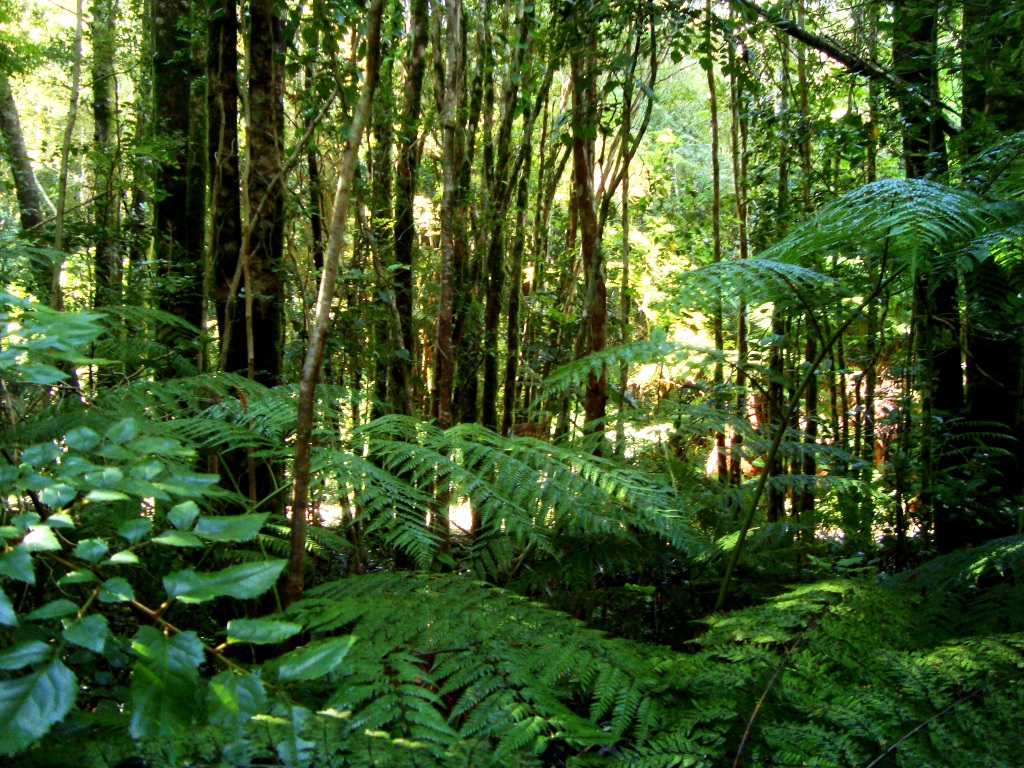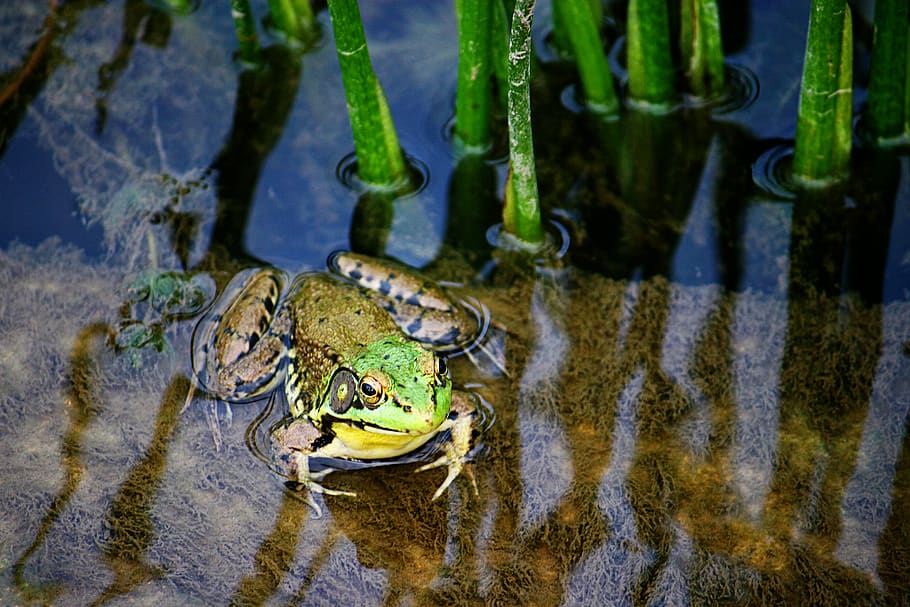This was set to be a big year for the Planet, with several international meetings planned to discuss some of the most pressing issues of our time: world poverty and refugees, the state of our oceans, deforestation and catastrophic biodiversity loss. But with the world in the grip of the coronavirus pandemic, all of that has been shoved into the background considered as ‘insignificant’ compared to the crisis that we didn’t see coming. But the fact of the matter is that we have only limited time to take the health of the planet seriously – and hopefully the pause of lockdown might give us the breathing space to do just that.
As the pandemic panic starts to die down, if we have managed to keep our own lungs safe, we can now no longer keep out another sense of growing grief. That connected to the lungs of the planet, and all that we are losing each day as our most precious of resources burns. Our forests take in the carbon dioxide from the atmosphere and magically transforming it into oxygen with a little help from the Sun. They are home to over half the world’s animal and plant species and around one billion people worldwide making them the most biodiverse and important ecosystems on the Planet. But according to the WWF’s ‘Below the Canopy’ report (2019), they have lost more than half their wildlife over the past fifty years and more than the same proportion of land.[1]
To be specific, the Amazon rainforest, the largest and most well-known in the world, is in deep trouble. Between August 2018 – 19, nearly one million hectares of land were deliberately set on fire, destroying irreplaceable trees, plants and countless numbers of animals. And worse, this figure is increasing in spite of growing awareness, more efforts on the part of environmental companies, and most importantly of all, despite a pledge by the Worldwide Consumer Goods Forum to achieve net zero-deforestation in the supply chain by 2020. Last year, Greenpeace surveyed 23 of the UK’s leading food brands and fast food chains and not one could guarantee the soy they used was it linked to deforestation.[2]
In Brazil again, another lesser known but equally important ecosystem, the Cerrado savanna, has lost half of its natural vegetation, destroyed to produce soy exported worldwide primarily to feed factory farmed livestock. In West Africa, rainforests are cleared to produce cocoa to satiate the world’s chocolate habit, and in South East Asia, large scale forest clearance in Malaysia and Indonesia is driven by demand for palm oil, used in up to 50 % of the packaged products produced in our supermarkets. In Borneo, the Indonesian government backed the protection of the rainforest and made deforestation a crime, which, together with a global fall in palm oil, put the brakes on wide scale destruction, but deforestation still continues in some areas, pushing the orangutan to the top of the list of the world’s most endangered species. Our food choices, illegal wildlife trade, and unsustainable hunting, are literally driving the forests, and the entire Planet, climate and all, to tipping point.[3]
We know this and desperately want to take action to stop this catastrophic situation, but we feel overwhelmed in the face of its enormity. Deep down we know that this is a problem that can’t be solved from our current dominant worldview. According the WWF, we have more than enough farmland to feed the worlds population of only it was managed in a more sustainable way, if only farmers had a stronger incentive to do this. Clearly the more emphasis there is on social justice for those farming the land, the better the land will be managed, which benefits the whole ecosystem, especially the animals that are currently factory farmed to give us food.
We are aware of the devastating pictures of industrial sized cattle farms over the Amazon where millions of cattle are kept in appealing conditions to satisfy the world’s beef hunger. But it’s not just the land that has been cleared for intensive beef farming that is the problem. Poultry consumption is also a huge contributor, not because of the birds themselves, but because of the production of the soy used to feed them. Up to 95% of chickens in the UK are intensively reared to meet a huge growing demand for their meat, and this soy largely comes from South America.[4]
Now as we scramble to get food from our supermarkets, standing in queues (2 metres apart) reading the contents of food labels is low on people’s list of priorities. Yet we need to do so now more than ever. According to the WWF, UK consumers each more than 3 million tonnes of soy farmed in cleared rainforests, most of which has been used to feed the animals and animal products we eat. And this soy is largely hidden because our food supply chain currently does not distinguish between sustainably produced soy and that which drives deforestation, and therefore farmers at source have little incentive to take the more costly steps involved in sustainable production. So our individual food choices have a direct impact on the health of the planet.
Indigenous people who try and protect the forests are also in danger. In 2019, eleven Brazilian indigenous leaders sought the help of European governments to stop forest lands being seized for agriculture and to end attacks against indigenous communities. While they were touring, indigenous forest guardian Paulo Paulino was shot dead by loggers in Brazil. In the words of Nara Bare, ‘what happened to Paulino is a clear example of what we have been through: our blood is being shed for soya beans and wood that comes to Europe. It’s time to say enough!’[5]
Even in the throes of this tragedy however, there are some positive moves afoot. In Brazil, more and more people are calling on NGOs to ensure that meat and soy from the Cerrado is sustainable, and 140 companies worldwide have supported the initiative to stop the forest loss associated with agricultural production. The more we actively consider not only what we eat but where it comes from and how it was produced, the harder it is for the real cost of the impact of food on the Planet to remain hidden. In the UK, there is also a campaign to demand that the UK government commits to a deadline for ending the sale of all goods that have caused deforestation (wwf.org.uk/deforestation-free).
This isn’t just about ‘climate change’ and greenhouse gas emissions, it goes way beyond that. Ultimately it’s about recognising once and for all that we live on a sentient, intelligent and conscious planet where all life matters, no matter how great or small. Once we see things in those terms we can no longer countenance the destruction of irreplaceable ecosystems, let alone eat the food so forcefully extracted and reared in conditions conducive to virus growth and spread. And even better, rather than leaving us feeling overwhelmed in the face of such huge change, this approach can empower us. For in the words of Charles Eisenstein (2019), in an interconnected view of the world, if it follows that service to any life is service to all life, then any act of care, ecological or social healing is part of the bigger whole of caring for the Earth. [6]And as a living, sentient being, Earth will reply to our letters of love.
[1] http://www.worldwildlife.org/publications/below-the-canopy
[2] Greenpeace Connect Magazine, Autumn/Winter 2019
[3] World Wildlife Fund, Action Spring 2020 ‘Forests in Crisis’
[4] Greenpeace, Connect Magazine Spring 2020 ‘Forest Destruction: the Meaty Issue’
[5] Greenpeace, Connect Magazine Spring 2020 ‘Forest Destruction: the Meaty Issue’
[6] www.charleseisenstein.org ‘The Amazon: how do we heal a burning heart?’



Sarah – this is such an impressive piece of writing. The quality, content and comprehensive knowledge of your topic lends power and passion from writer to reader. Thank you so much for – once again – doing all the work to source, gather, cull and select the accurate and important information, then gift it to us in such a meaningful way. It has been a joy to witness and experience the growth and evolution of your working knowledge. Thank you for sharing. The state of our world is horrifying – yet not without hope. Change starts with our own personal choices. X
LikeLike
Thank you so much Sarah for taking the time to read, then to express so lucidly your response. Your support is much appreciated and valued. X
LikeLike
This is a really powerful, well-wrtten and thoughtful message.
It is really us time for each of us to take full responsibility for what we consume, where it comes from and the wider impact on our beautiful planet.
Thank you for posting.
LikeLike